On March10th, President Yong Qiu and Vice President Zheng You paid a visit to Center for Quantum Information (CQI), had a panel discussion with Prof. Andrew Chi-Chih Yao, Dean of IIIS, and Prof. Luming Duan, Executive Director of CQI, and heard presentation on research progress, talent cultivation and other themes.
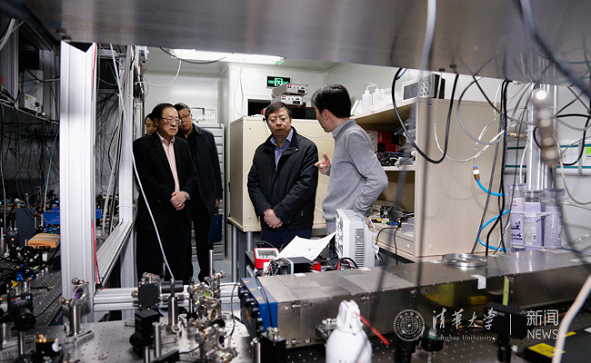
President Yong Qiu first visited labs at CQI, including nano/micro fabrication lab, atomic quantum Repeater lab, diamond defect spin lab, trapped ions lab, ultracold atom lab, etc, and heard Prof. Duan’s presentation on research direction, experiment platform and operation, etc.
During the panel discussion followed, President Yong Qiu proposed that, quantum communication and quantum computing, as the important technology projects in 13th Five-Year National Science and Technology Innovation Planning of our country, are the important power for the development of information technology in the future. Tsinghua University can make timely adjustment to national strategy and contribute to national development, which was benefited from the strategic insight of establishing CQI6 years ago. President Yong Qiu expressed thanks to Prof. Yao for his great contribution.
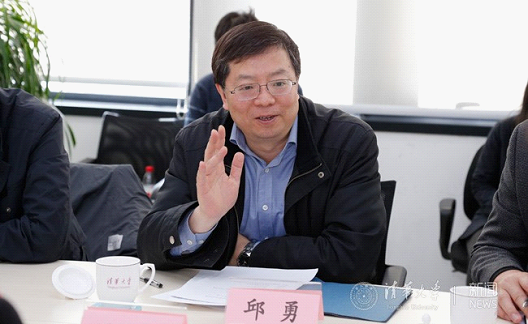
President Qiu pointed out that the university pays very close attention to the development of CQI throughout. Based on the platforms of CQI, the university will propel the cooperation with Beijing on projects of technology to provide more support for quantum computing research and increase social contribution rate of science research. In terms of cultivating talents, the university shows a positive attitude to cultivating excellent graduates and post-doctors, motivating creativity and energy of young faculty, enhancing CQI’s appeal to talents by the reform of personnel system.
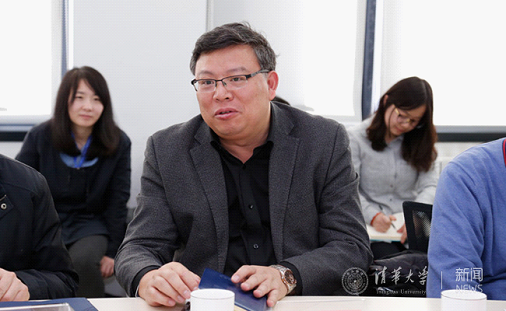
As Prof. Zheng You mentioned in his speech, CQI has achieved inspiring research results after a few years’ development. The university supports researches and development of CQI and hopes CQI could take long-term development into account, and take advantages of group support in the aspect of talent cultivation, especially the cultivation of PhD candidates.

As Prof. Yao said in his speech, quantum computing of Tsinghua University under joint efforts has recently achieved a good international reputation in research progress, talent introduction and student cultivation quality. Given the support of the university, CQI is expected to earn a wider space for long-term development.
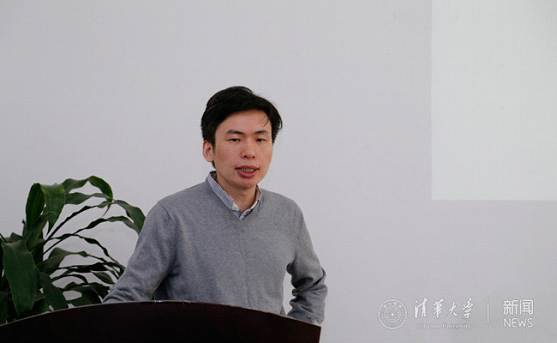
Prof. Duan presented the recent research results and talent cultivation of CQI and introduced the development condition of international and domestic quantum computing. Quantum computing, Prof. Duan said, was incorporated into the important technology projects of 13th five-year national science and Technology Innovation Planning. On the basis of national strategic opportunities and good scientific research of Tsinghua university, it was believed that CQI would make more practical contribution to the national science and technology innovation.
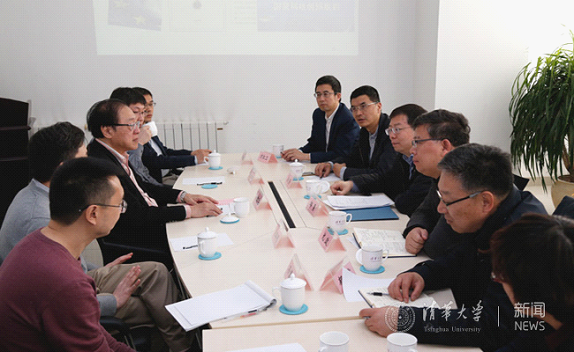
IIIS Associate Professor Luyan Sun and Kihwan Kim, and members from President Office, Development Planning Department, Graduate School, Laboratory and Equipment Administration Office, Financial Office and Office of Asset Management attended this panel discussion.
Center for Quantum Information, Tsinghua university, was founded in January 2011, led by Prof. Andrew Chi-Chih Yao, world famous computer scientist, Turing award winner in 2000. Prof. Duan Luming, CC Yao Professor at Tsinghua University, served as executive director of CQI, aims at building a world-class quantum information research center and talent training base and providing a first-class research and teaching platform. Members of CQI have now achieved a series of innovative research results and thus greatly enhanced China's international influence in the field of quantum information, including 2 papers published in Nature, 3 in Science, 8 in sub-journals of Nature, over 20 in Physical Review Letters and dozens in other important academic journals.
(By Shuai Sun, Yu Fang)